Special Report
20 Companies That Turned Their Fortunes Around in 2017

Published:
Last Updated:

Turning around the fortunes of a struggling company can be a daunting task. It can mean changing the company’s culture, laying off workers, or paring management — upheavals that can roil a business for years. Sometimes, the turnaround strategy does not immediately translate into higher earnings for the company, trying the patience of investors.
Attempting a turnaround can also mean fighting against new business trends, such as brick-and-mortar retailers battling to stay relevant as e-commerce hacks away at their business model.
But there are success stories, and 24/7 Wall St. has chronicled 20 of them that unfolded in 2017.
These companies adopted business plans that in many cases helped to halt stock price and earnings declines and reversed the sliding fortunes of publicly traded companies. Many of these strategies were crafted by visionary chief executives, who stuck with their plans in defiance of skeptics and perhaps what might have been conventional wisdom at the time.
Some of the reversals of fortune at these companies are because of circumstances beyond their control such as the rebound in oil prices that improved the balance sheets of energy companies or the rebuilding opportunity brought on by natural disasters.
Here are the 20 companies that reversed their fortunes in 2017.
To identify the companies that turned their fortunes around this year, 24/7 Wall St. reviewed stock prices in 2016 and 2017, analyst price and earnings estimates, as well as analyzing the particular dynamics of a given industry of each company considered. To be considered as making a comeback, the company’s stock price had to hit a trough in 2016 or early 2017 and climb since. The forecast earnings per share (EPS) for each company’s current year also needed to exceed last year’s EPS.
We also took into account earnings estimates for next year when available. Only public companies were considered. Data was retrieved from Yahoo Finance and financial documents filed with the Securities and Exchange Commission.
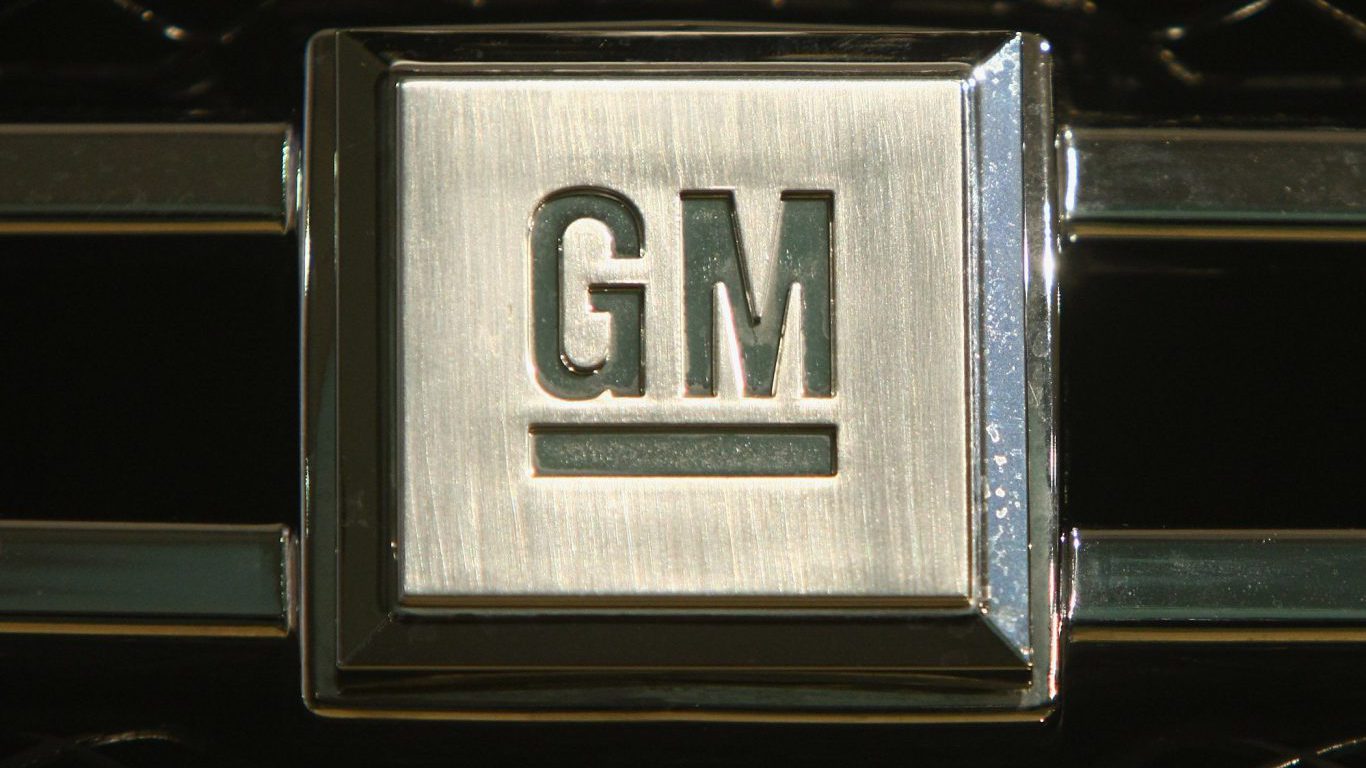
1. General Motors Co.
> Current stock price: $41.23
> Latest annual revenue: $166.4 billion
> Industry: Automotive
America’s biggest car maker is drawing on strong sales of crossovers in the United States and overall strengthening sales in China. With CEO Mary Barra at the helm, General Motors is shifting into ride sharing, autonomous-driving technology, and electric vehicles. GM’s third-quarter results beat analysts’ expectations. The Dearborn, Michigan company posted adjusted earnings per share of $1.32 compared with analysts expectation of $1.12, according to Thomson Reuters. GM reported revenue of $166.4 billion in 2016 and analysts expect revenue to decline to $145.49 billion in 2017. GM’s stock climbed 66% to a 2017-high of $45.88 on Oct. 9 from its Feb. 8, 2016 trough of $27.71. GM posted earnings per share in 2016 of $6.12 and analysts expect 2017 EPS to be $6.30. Analysts at RBC Capital and Guggenheim have upgraded GM to outperform and buy since late November.
[in-text-ad]
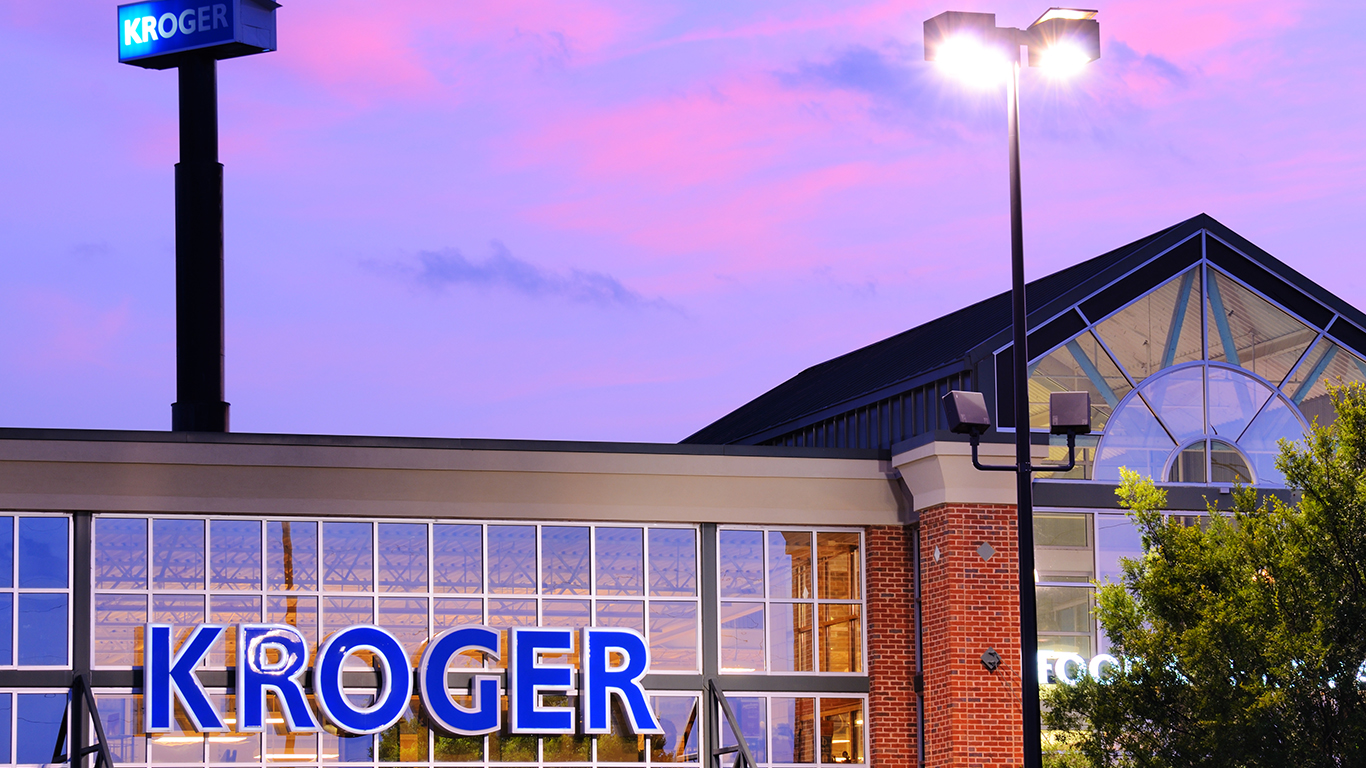
2. The Kroger Co.
> Current stock price: $27.56
> Latest annual revenue: $115.3 billion
> Industry: Supermarkets
Shares of Kroger plunged to $22.29 on June 12 but rallied 27% to a recent high of $28.25. Revenue has increased in each of the previous five years and reached $115.3 billion in fiscal year 2016 and are forecast to rise to $122.17 billion in fiscal 2017. Earnings per share results have either met or exceeded expectations in each of the last four quarters. The Cincinnati, Ohio-based grocery chain is trying to gain market share in an industry known for its razor-thin margins against goliaths Amazon — which agreed to buy Whole Foods in June — and sector leader Walmart. Kroger is seeking to boost market share by expanding its store number, introducing new items, emphasizing orders online, stressing its pick-up-in-store program, and rolling out standalone restaurants. Kroger opened the first of the rustic-styled restaurants in November.

3. Advanced Micro Devices Inc.
> Current stock price: $8.77
> Latest annual revenue: $4.27 billion
> Industry: Technology
After languishing under $2 in February 2016, shares of Advanced Micro Devices rallied more than sevenfold to $14.55 on March 27. Earnings per share have topped expectations in each of the recent four quarters. CEO Lisa Su took over Advanced Micro Devices in 2014 and focused the Sunnyvale, California-based technology company on more promising business areas such as gaming, datacenter, and high performance graphics segments, and away from slower-growth areas such as personal computers. Intel and Advanced Micro Devices recently announced they are partnering to produce a laptop computer chip that uses an Intel processor and an Advanced Micro Devices graphics division to take on rival Nvidia. Analysts forecast sales to rise to $5.25 billion this year from $4.27 billion in 2016. Advanced Micro Devices posted a loss in 2016 of 14 cents a share, but is expected to swing to a profit of 13 cents in 2017, according to analyst expectations.

4. The New York Times Company
> Current stock price: $18.63
> Latest annual revenue: $1.56 billion
> Industry: Media
There hasn’t been much to cheer about in the publishing world lately, but the stock of the parent of The New York Times has nearly doubled in price after tumbling to a trough of $10.95 per share on Oct. 31, 2016. Online subscriptions to the New York City, New York-based newspaper have surged, buoyed by the so-called “Trump Bump.” CEO Mark Thompson said in a conference call with analysts and the media that the company added 105,000 online subscriptions in the most recent quarter. He added that the Times has 3.5 million total paid subscriptions, “by far the most in our history.” Analysts who follow the company forecast earnings to rise to 72 cents a share in 2017 from 57 cents in 2016, and revenue to edge up to $1.66 billion from $1.56 billion in 2016.
[in-text-ad-2]
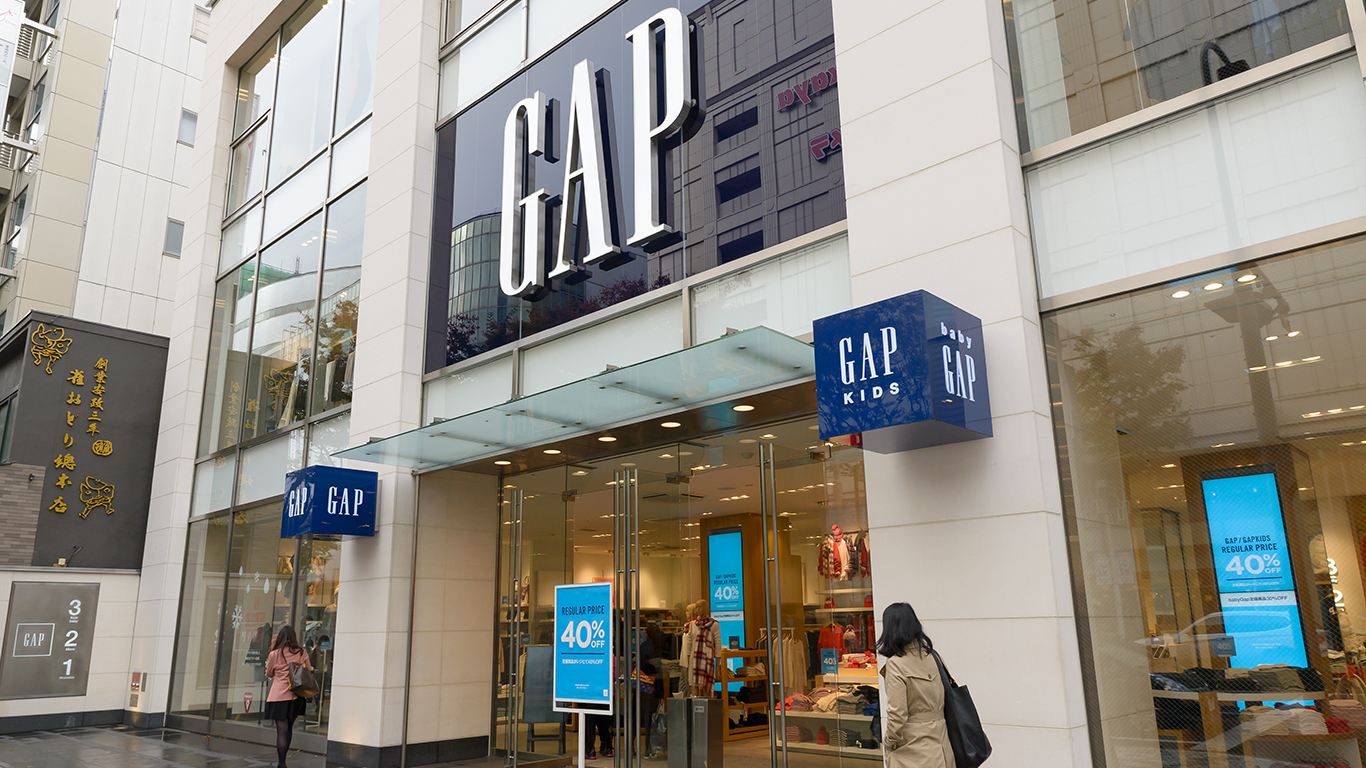
5. Gap Inc.
> Current stock price: $28.53
> Latest annual revenue: $15.5 billion
> Industry: Retail
Retailer industry observers have counted out the Gap before, but the casual attire retailer keeps coming back. Rising revenue and climbing comparable-store sales at its Old Navy division have lifted shares of San Francisco, California-based Gap Inc. as investors believe CEO Art Peck’s comeback plan is working. The company is investing in technology, marketing, and on-trend styles such as athletic apparel. Gap said in September that it will close about 200 Gap and Banana Republic stores in the next three years and open about 270 Old Navy and Athleta stores during the same period. After tumbling to $17.62 per share, the stock has nearly doubled to $34.55 a share earlier this year. Analysts predict sales to rise to $15.7 billion in the current fiscal year from $15.5 billion last year, with earnings per share increasing to $2.10 from $2.02.
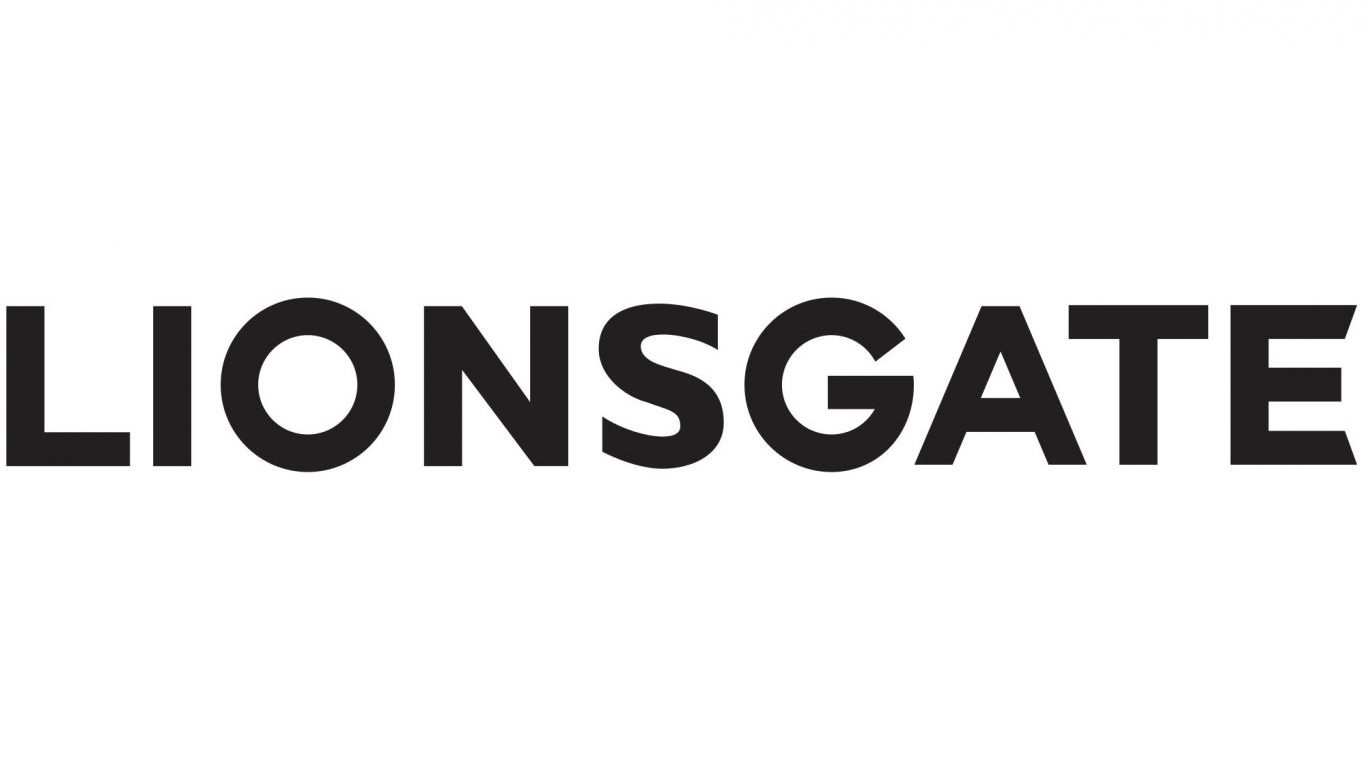
6. Lions Gate Entertainment Corp.
> Current stock price: $33.81
> Latest annual revenue: $3.2 billion
> Industry: Motion pictures
Instead of fading to black, the movie company’s fortunes are having a happy ending in 2017. Santa Monica, California-based Lionsgate rolled up 26 Academy Award nominations in 2017, the most of any studio, boosted by Oscar winners “La La Land” and “Hacksaw Ridge” as well as the critically acclaimed “Hell or High Water.” Those films have raised Lionsgate’s profile from a scrappy, independent movie company — think “Manchester By The Sea” and “Moonlight” — to a major motion picture player. Shares of the publicly traded studio, which also counts “The Hunger Games” in its lineup of films, slipped to $18.53 on Feb. 1, 2016 but have soared 82% to $33.81 on strong earnings.
[in-text-ad]
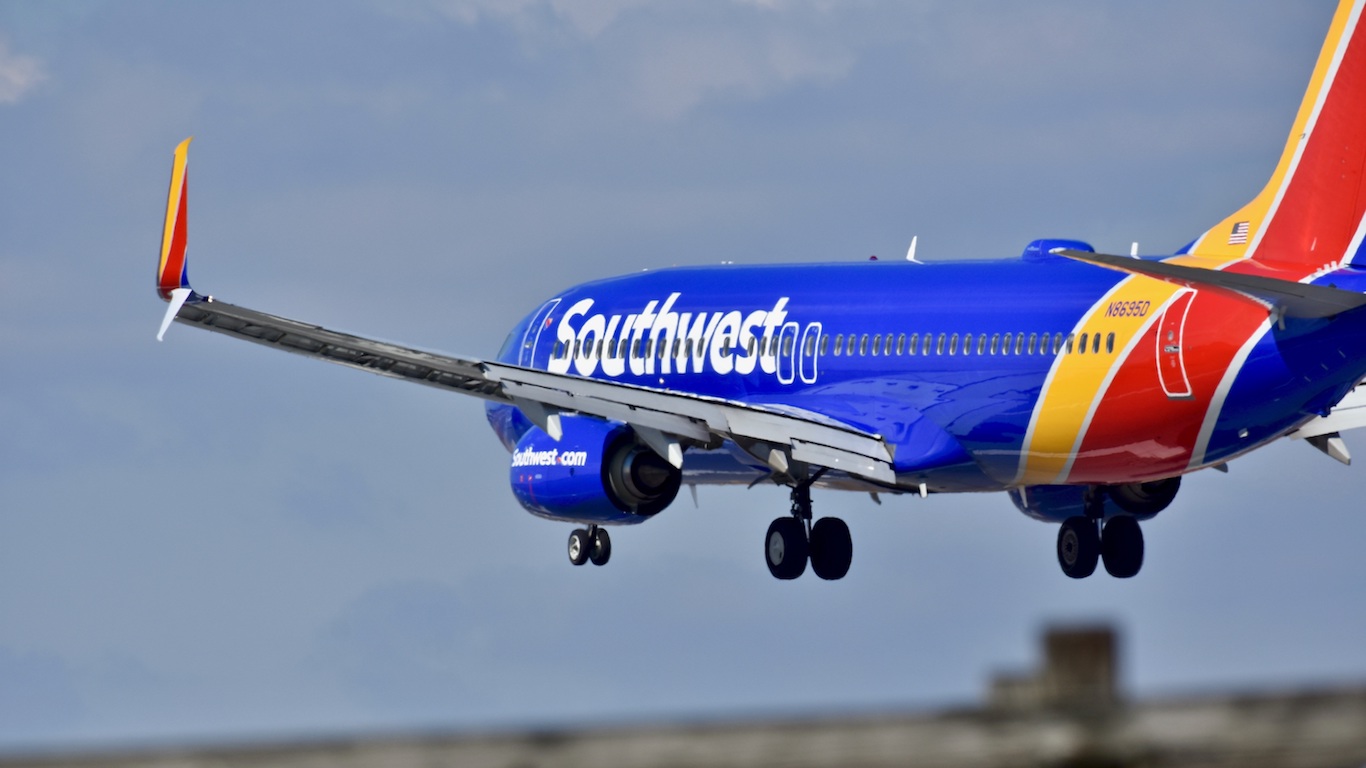
7. Southwest Airlines
> Current stock price: $65.67
> Latest annual revenue: $20.4 billion
> Industry: Airlines
Southwest Airlines is trying to deliver better customer service as the airline business becomes more bottom-line driven. Dallas, Texas-based Southwest, known for its no-frills, low-cost service, is spending as much as $300 million to bring new technology to the airport ramp and other operations. This is in addition to the $500 million the company is pouring into a new reservation system. Apparently, investors believe in the moves the airline is taking. Shares of the carrier have soared more than 84% to $65.67, after bottoming at at $35.69 on Feb, 1, 2016. Southwest has topped analyst estimates in three of the last four quarters. The airline posted earnings per share of $3.75 in 2016. Analysts expect EPS to slip to $3.57 in 2017 before climbing to $4.54 next year. Revenue in 2016 was $20.4 billion and is predicted by analysts to rise to $21.1 billion next year.

8. Yelp Inc.
> Current stock price: $42.03
> Latest annual revenue: $713.1 million
> Industry: Media
It seems investors have left a good review on Yelp, turbocharging the San Francisco, California-based company’s shares. Yelp stock price more than doubled from its nadir of $15.56 on Feb. 8, 2016 to $47.58 on Nov. 20. Yelp revenue growth is driven by the increase in mobile device use and paying advertising accounts. Revenue in the third quarter climbed 19% to $222.4 million. Adjusted net income increased 38% to $25.4 million from $18.4 million a year earlier. Revenue climbed from $137.6 million in 2012 to $713.1 million in 2016. Yelp lost 6 cents a share in 2016 but is forecast to earn 17 cents per share in 2017 and 38 cents the following year.

9. PayPal Holdings Inc.
> Current stock price: $73.62
> Latest annual revenue: $10.8 billion
> Industry: Financial
San Jose, California-based PayPal is riding the e-commerce wave. The online payments system now has 218 million customers. PayPal shares leaped to a 2017 high of $78.58 on Nov. 20, rising from a nearly two-year low of $31.69 on Jan. 18, 2016. Investors also believe in CEO Dan Schulman. He’s taken three companies public and has overseen PayPal’s spinoff from eBay as well as major acquisitions and partnerships PayPal has undertaken during his tenure. PayPal posted revenue of $10.8 billion in 2016, and analysts believe revenue will rise to $12.98 billion in 2017. Analysts expects earnings per share to climb from $1.50 in 2016 to $1.87 in 2017.
[in-text-ad-2]
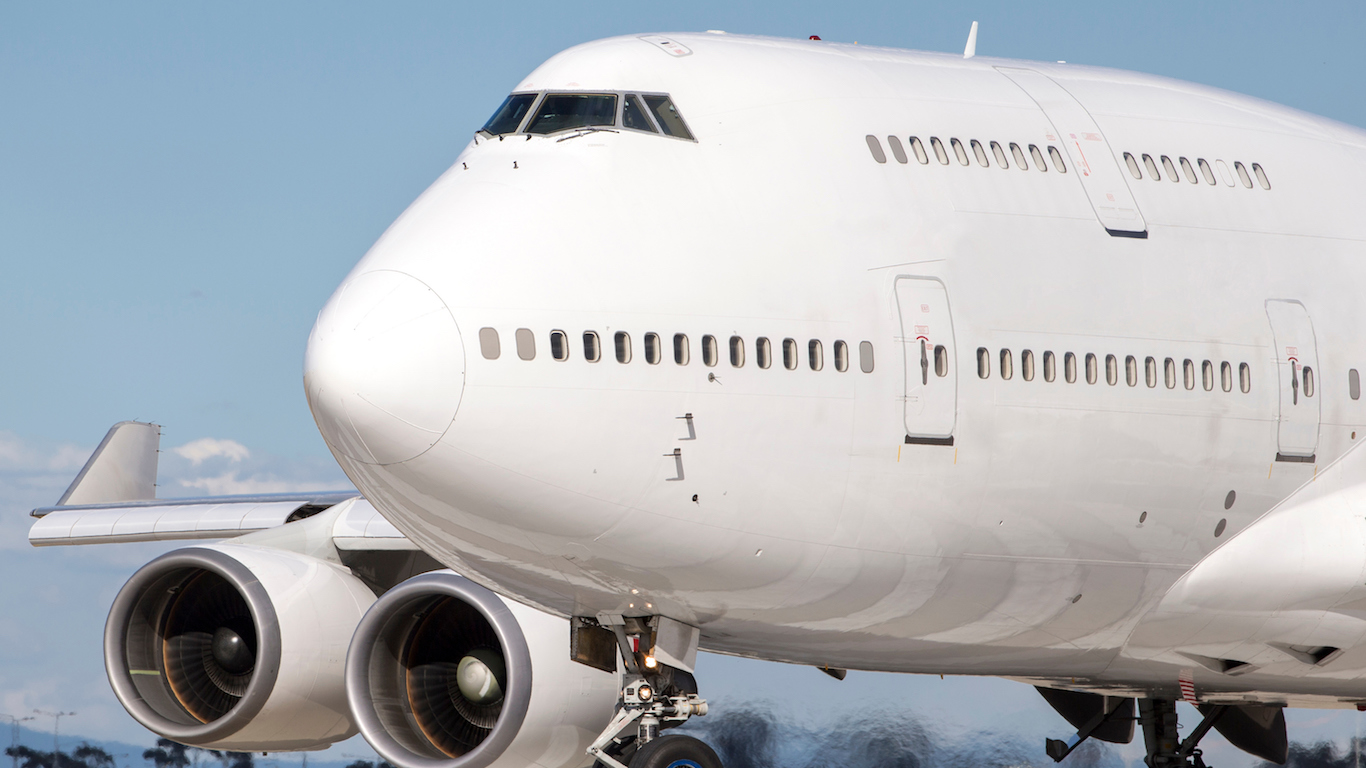
10. The Boeing Co.
> Current stock price: $295.63
> Latest annual revenue: $94.6 billion
> Industry: Aerospace
Boeing, the aerospace colossus, is riding a wave of orders for its commercial jets. The latest comes from Royal Air Maroc, which agreed this week to buy four 787 Dreamliners in a deal valued at over $1 billion. That announcement followed Boeing’s $15.1 billion order for 40 787-10 Dreamliners with the Emirates in November at the Dubai Air Show. Shares of Boeing have nearly tripled to $295.63 at the end of December after tumbling to a two-year low of $108.63 on Feb. 8, 2016. Analysts expect earnings per share to rise from $7.24 in 2016 to $10.21 in 2017, and revenue to decline to $92.2 billion this year from $94.6 billion last year.
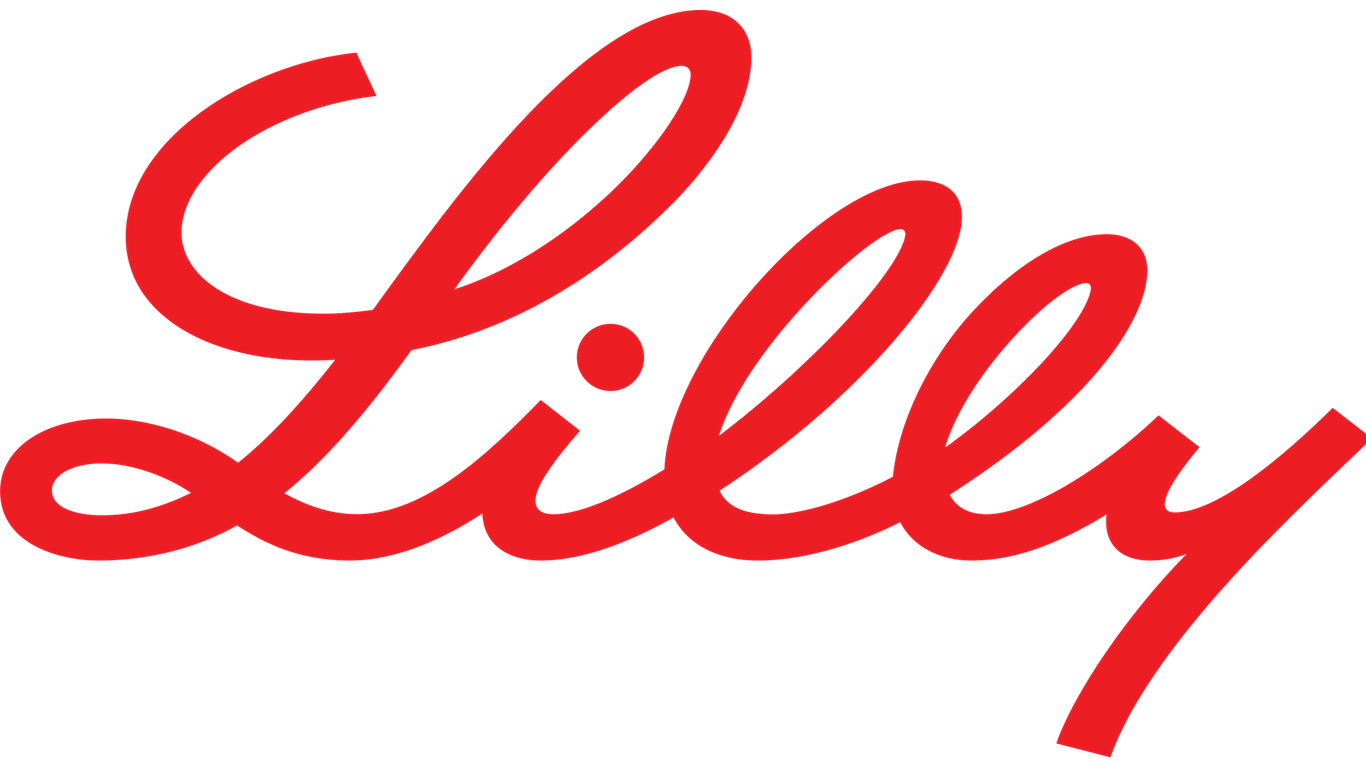
11. Eli Lilly & Co.
> Current stock price: $85.20
> Latest annual revenue: $21.2 billion
> Industry: Pharmaceuticals
Shares of Eli Lilly cratered at $67.71 on Dec. 5, 2016. The Indianapolis, Indiana-based pharmaceutical company has been bedeviled over the past few years by late-stage clinical-trial failures that have slowed the roll out of new drugs in its pipeline. Since David Ricks took over as CEO at the beginning of the year, the company completed two mid-sized acquisitions. Because of the lack of new drugs, Lilly has had to rely on boosting prices on existing drugs before their patents expire, risking the raising the ire of politicians such as Sen. Bernie Sanders. In May Lilly said it was raising prices on nine of its medicines between 6% and 9%, including treatments for a blood thinner, a psoriasis drug, and two insulins. Lilly stock has risen 25% from its floor just over a year ago to $85.20. Lilly reported earnings per share of $3.52 in 2016, and analysts forecast earnings per share to rise to $4.21 in 2017. Sales are predicted to rise to $22.6 billion in 2017 from $21.2 billion in 2016.
[in-text-ad]

12. Valero Energy Corp.
> Current stock price: $92.15
> Latest annual revenue: $75.7 billion
> Industry: Energy
Shares of Valero, America’s largest oil refiner, have rallied along with the price of crude oil. Shares have leaped 93% from their two-year low of $47.73 reached in early July 2016 to $92.15 on Dec. 29. Oil prices have recovered because of the global supply cuts OPEC and non-OPEC producers implemented. Analysts forecast Valero earnings per share to climb to $4.97 in 2017 from $3.72 a year ago. Revenue is expected to rise to $89.4 billion from $75.7 billion last year.

13. American Express Co.
> Current stock price: $99.73
> Latest annual revenue: $32.1 billion
> Industry: Financial
Investors had concerns about American Express going into 2017. The company was struggling with the loss of a co-branding agreement with price-club Costco, and there were doubts about whether American Express could attract millennial customers. That anxiety was reflected in the stock price, which fell to $52.66 on Feb. 8, 2016. But investors who stayed with AmEx got all of their investment back, and then some, as the shares nearly doubled, trading at $99.73 on Dec. 29. The rebound was bolstered by a co-branding deal with hotel chain Marriott International that also involves JPMorgan Chase. American Express also is getting strong loan growth from its existing cardholders. Analysts predict earnings per share of $5.85 in 2017, an increase of 20 cents from last year. Analysts also expect revenue to increase to $33.3 billion from $32.1 billion.
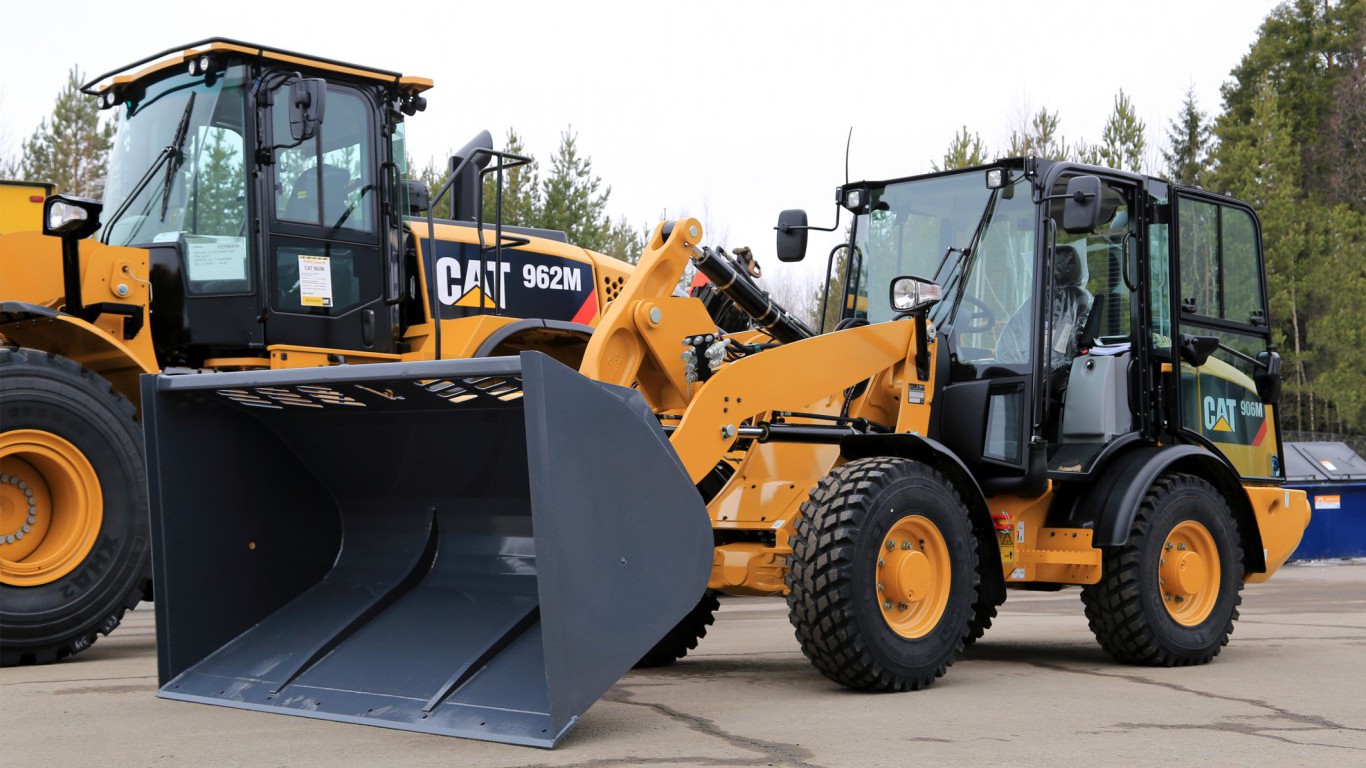
14. Caterpillar Inc.
> Current stock price: $158.38
> Latest annual revenue: $38.5 billion
> Industry: Industrial
New CEO Jim Umpleby is remaking heavy machinery giant Caterpillar into a more nimbler, leaner company through cost-cutting moves that have resulted in job cuts and consolidation of facilities. Caterpillar is well positioned to exploit the building boom in the the Asia-Pacific region as well as rebuilding those areas of the country devastated by hurricanes and wildfires earlier this year. The Peoria, Illinois-based company, which is shifting its corporate headquarters to Deerfield, Illinois, would benefit from an infrastructure plan if Congress approves one next year. Investors have pushed Caterpillar shares up to $158.38 on Dec. 29 from their trough of $82.31 on Oct. 31, 2016. Analysts expect earnings per share to soar to $6.45 in 2017 from $3.42 in 2016 and revenue to climb to $44.1 billion from $38.5 billion.
[in-text-ad-2]
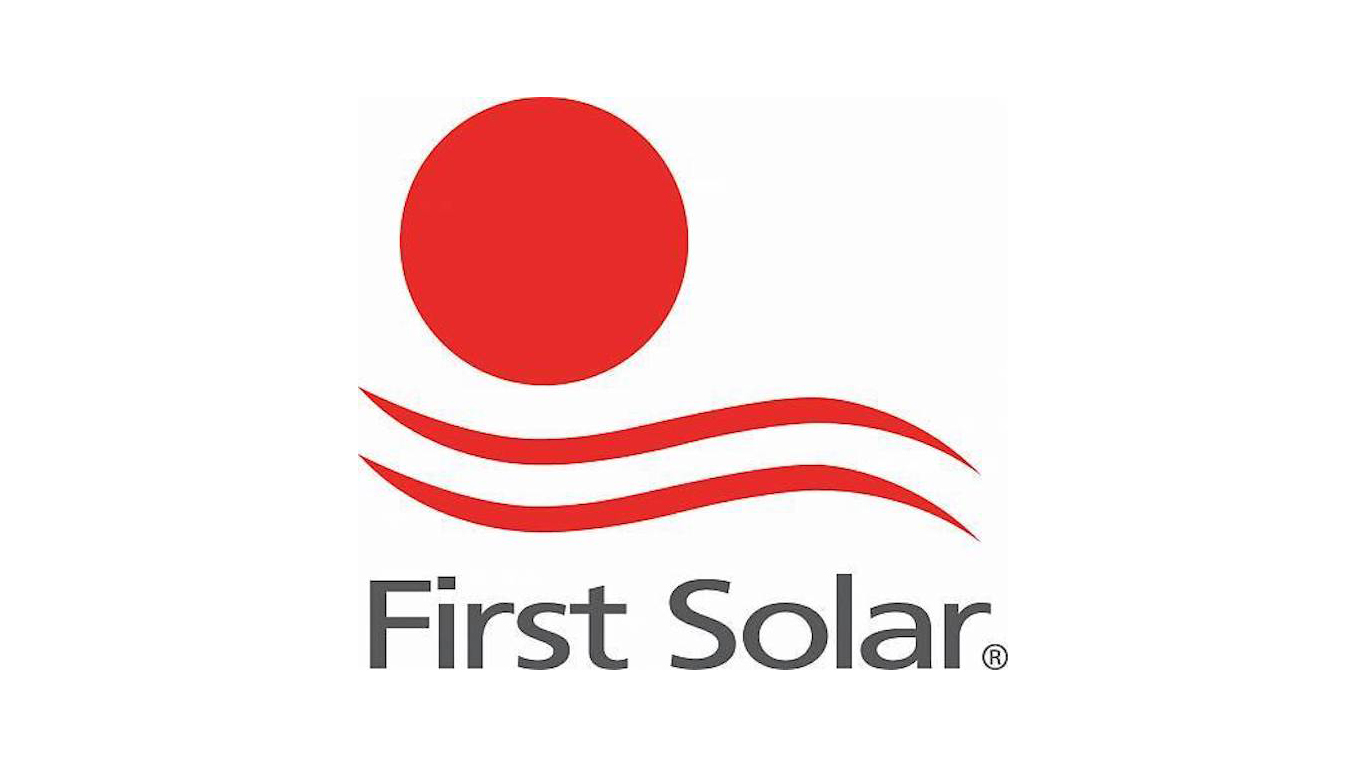
15. First Solar Inc.
> Current stock price: $67.79
> Latest annual revenue: $2.95 billion
> Industry: Energy
The future of renewable energy is bright, and First Solar looks to be a major player in that sector. Renewables accounted for almost two-thirds of new power capacity worldwide in 2016, according to the International Energy Agency. Global new solar photovoltaics capacity grew by 50% last year. After a forgettable 2016 in which the stock lost more than half of its value, shares of Tempe, Arizona-based First Solar have climbed 161% to a 2017-high of $70.02 on Dec. 4. In its most recent quarter, First Solar said sales leaped 72% to $1.1 billion from $636 million in the prior quarter, primarily because of the sale of its California Flats and Cuyama projects, as well as higher module sales. Earlier this month, the company announced it entered into an agreement to supply its thin film modules that will be installed in a solar power plant in Pakistan. More analysts are convinced by First Solar’s prospects. Since July, four analysts have upgraded First Solar shares.

16. Sony Corp.
> Current stock price: $45.14
> Latest annual revenue: $72.9 billion
> Industry: Technology
Japanese consumer electronics giant Sony, once famous for transistor radios and the Walkman portable cassette player, lost business to smaller, nimbler rivals from South Korea and Taiwan over the last decade. Sony brought in Kazuo Hirai to turn around the company in 2012. His “One Sony” plan focused on the three areas where he wanted the company to be a leader: digital imaging, gaming, and mobile. Sony has been laying off workers and selling certain assets such as the Vaio laptop business, but Hirai refused to sell its television business, which had been a money-loser and is now profitable. Hirai also overhauled the smartphone lineup. In its fiscal second quarter ended Sept. 30, Sony reported earnings and revenue that topped analyst expectations because of its PlayStation gaming business. Sales climbed 22.1% to $18.2 billion in the quarter. Since slipping to $20.82 on Feb. 8, 2016, Sony’s shares have more than doubled to reach their two-year high of $47.89 on Nov. 20.
[in-text-ad]
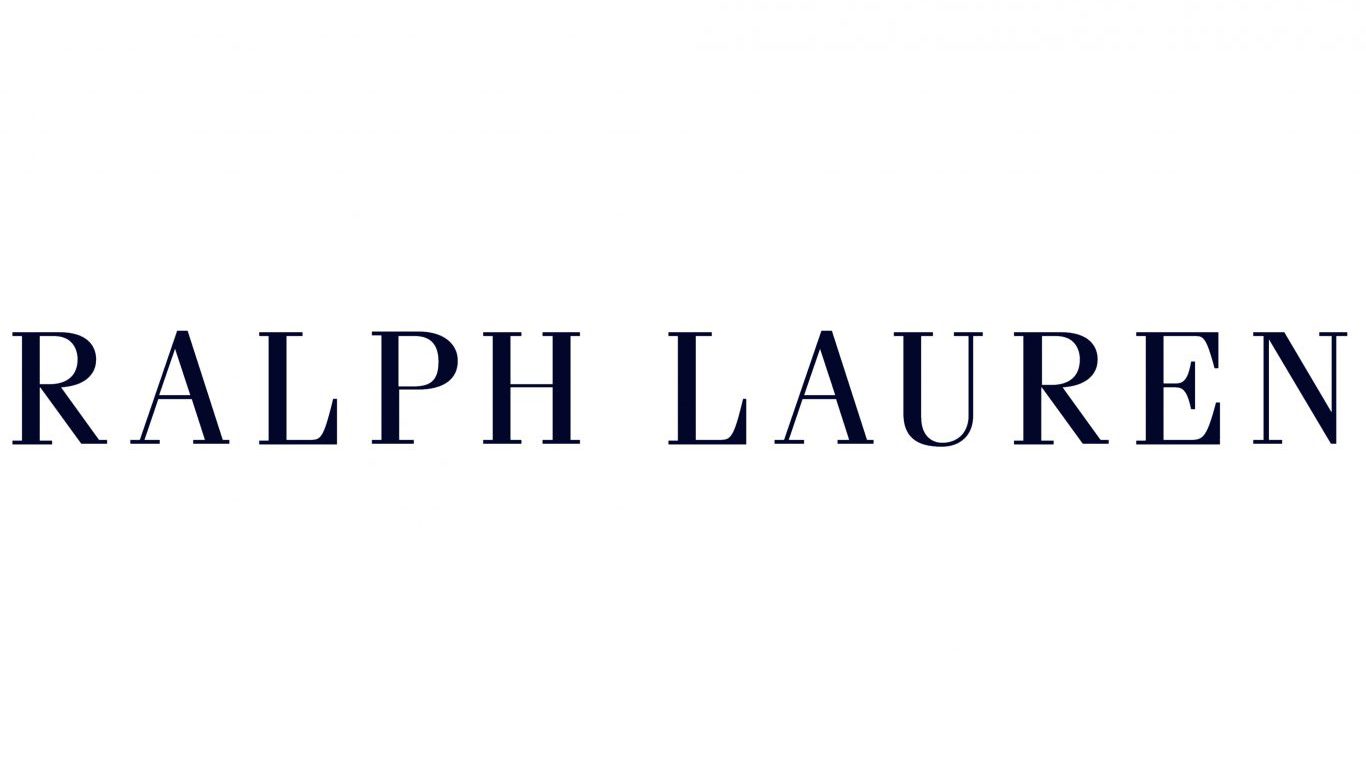
17. Ralph Lauren Corp.
> Current stock price: $104.26
> Latest annual revenue: $6.65 billion
> Industry: Retail
From Nov. 21, 2016 to Jan. 30, 2017, the shares of apparel company Ralph Lauren known for its signature Polo shirts plunged from $112.71 to $76.17. In early February, news broke about a clash between founder Ralph Lauren and CEO Stefan Larsson, who announced he was leaving the the New York City, New York-based company. That coincided with disappointing fiscal third quarter earnings report that sent shares tumbling even further. Ralph Lauren stock bottomed out at $66.11 on May 22, and since then shares have jumped more than 55% to $104.26 on Dec. 29. Earnings have topped analyst estimates in each of the previous four quarters. CEO Patrice Louvet has embarked on a turnaround strategy that includes a two year costing-cutting plan and involves pulling back inventory from department stores and outlets, trimming jobs, and paring management layers. Ralph Lauren reported earnings of $5.71 per share in fiscal year 2017, which ended in April. Analysts expect earnings per share to slip to $5.61 in the current fiscal year. The company also reported $6.65 billion in revenue in fiscal 2017, and analysts think revenue will dip to $6.12 billion this year. In the brutal retail sector, slowing the bleeding counts for something.
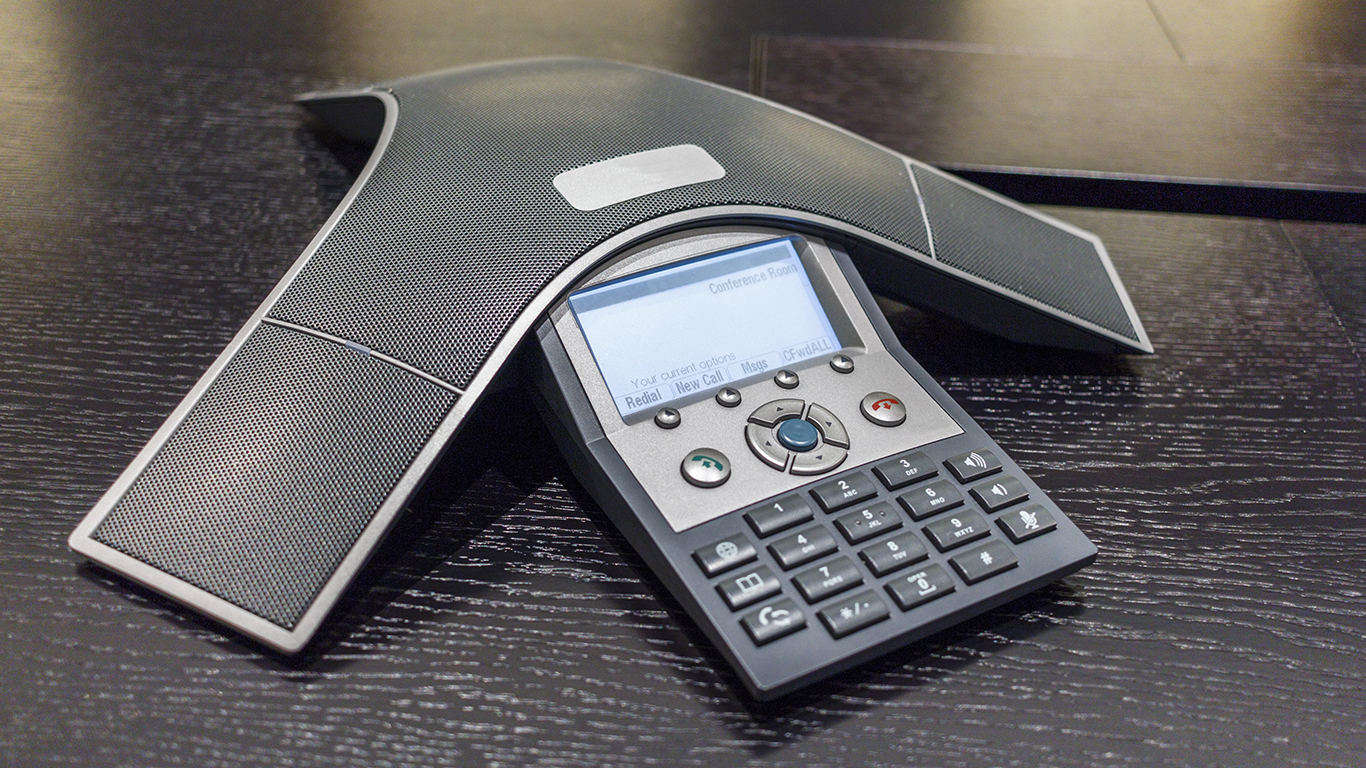
18. Cisco Systems Inc.
> Current stock price: $38.50
> Latest annual revenue: $48.01 billion
> Industry: Technology
Technology company Cisco is transitioning from a business that heavily relies on hardware and turning to areas such as software and services to drive growth. The stock market likes the strategy, with Cisco shares gradually climbing from their two-year low of $22.89 reached on Feb. 1, 2016 to $38.50 on Dec. 29. The problem is that the shift takes time and is not reflected in results yet. In its 2018 fiscal first quarter ended Oct. 28, Cisco reported a 2% decline in both earnings and revenue. CEO Chuck Robbins was resolute in his belief in the turnaround, saying in a press release, “Our results in Q1 demonstrate the continued progress we’re making on our strategy.” The San Jose, California-based company reported earnings of $2.39 per share in fiscal year 2017, which ended in July. For the current year, analysts expect earnings of $2.46 per share. Analysts also expect revenue to climb slightly from $48.01 billion in fiscal 2017 to $48.49 billion in fiscal 2018. Earnings have topped analyst estimates in each of the prior four quarters.
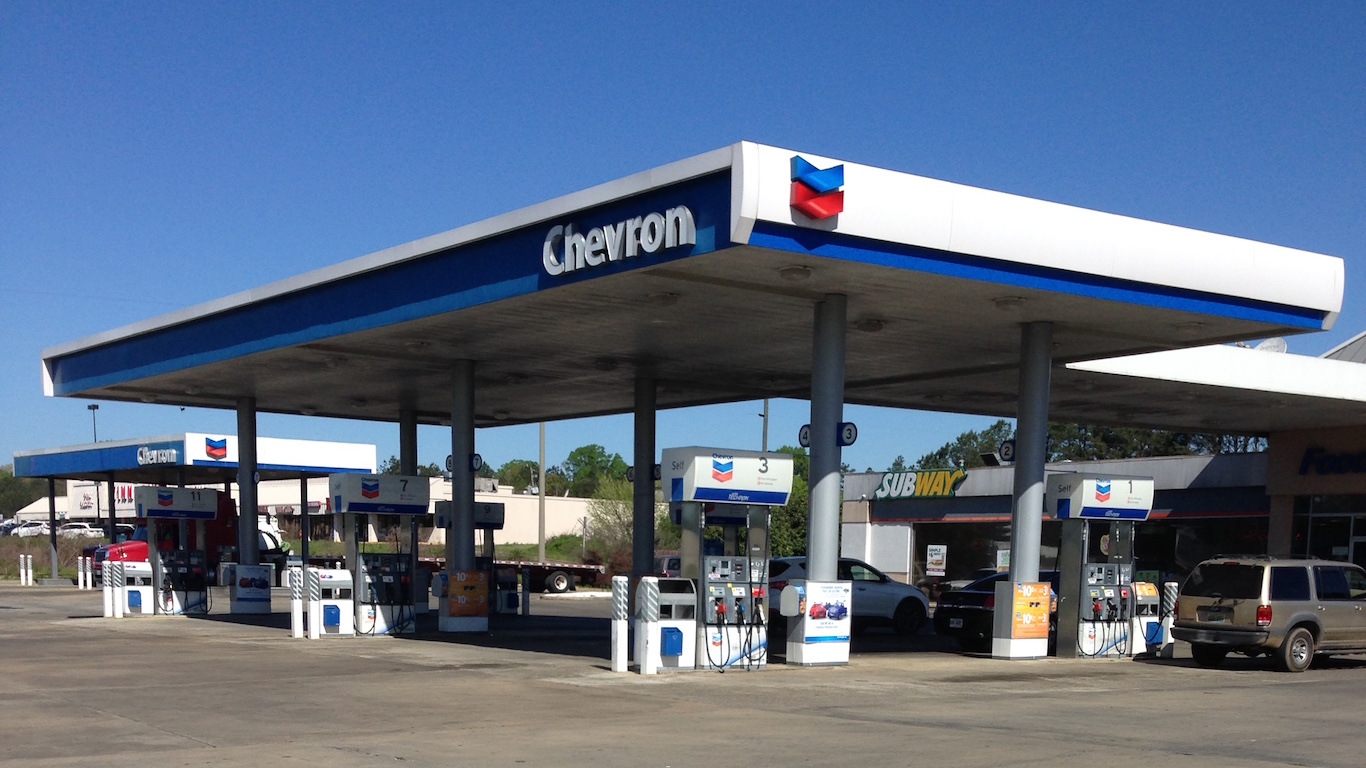
19. Chevron Corp.
> Current stock price: $125.45
> Latest annual revenue: $114.5 billion
> Industry: Energy
In the energy sector, oil has rebounded and so has Chevron. The stock was languishing at $82.88 on Feb. 1, 2016, as the price of oil remained depressed. But oil’s rising price mirrored Chevron’s fortunes, and shares of the San Ramon, California-based company surged to $125.45 on Dec. 29. Chevron lost 27 cents per share in 2016. However, analysts expect earnings to climb to $4.17 per share this year. Chevron posted revenue of $110.2 billion in 2016 and analysts expect revenue to increase to $138.9 billion this year. In addition to the rebound in the price of oil, Chevron’s turnaround is also attributed to its low-cost upstream segment along with spending cutbacks.
[in-text-ad-2]

20. Urban Outfitters Inc.
> Current stock price: $35.34
> Latest annual revenue: $3.54 billion
> Industry: Retail
Shares of Urban Outfitters began a prolonged descent in November 2016 that culminated with their nadir of $17.62 on June 5 of this year. But the stock has doubled in price since and was last trading at $35.34 on Dec. 29. The apparel company’s brands include Anthropologie, Free People, and Urban Outfitters. All three clothing brands posted sales gains in the third quarter ended Oct. 31. Overall, sales in the period increased 3.5% to $893 million. CEO Richard Hayne said in the press release for the third-quarter earnings report that Urban Outfitters benefited from “improved apparel execution across the business.’’ Urban Outfitters’ bottom line is also benefiting from stronger online sales. The company also is pursuing an expansion strategy in Europe. The company reported $3.5 billion in revenue for fiscal year 2017 ended in January. Analysts expect revenue to rise to $3.61 billion in the current year.
Credit card companies are at war. The biggest issuers are handing out free rewards and benefits to win the best customers.
It’s possible to find cards paying unlimited 1.5%, 2%, and even more today. That’s free money for qualified borrowers, and the type of thing that would be crazy to pass up. Those rewards can add up to thousands of dollars every year in free money, and include other benefits as well.
We’ve assembled some of the best credit cards for users today. Don’t miss these offers because they won’t be this good forever.
Flywheel Publishing has partnered with CardRatings for our coverage of credit card products. Flywheel Publishing and CardRatings may receive a commission from card issuers.
Thank you for reading! Have some feedback for us?
Contact the 24/7 Wall St. editorial team.